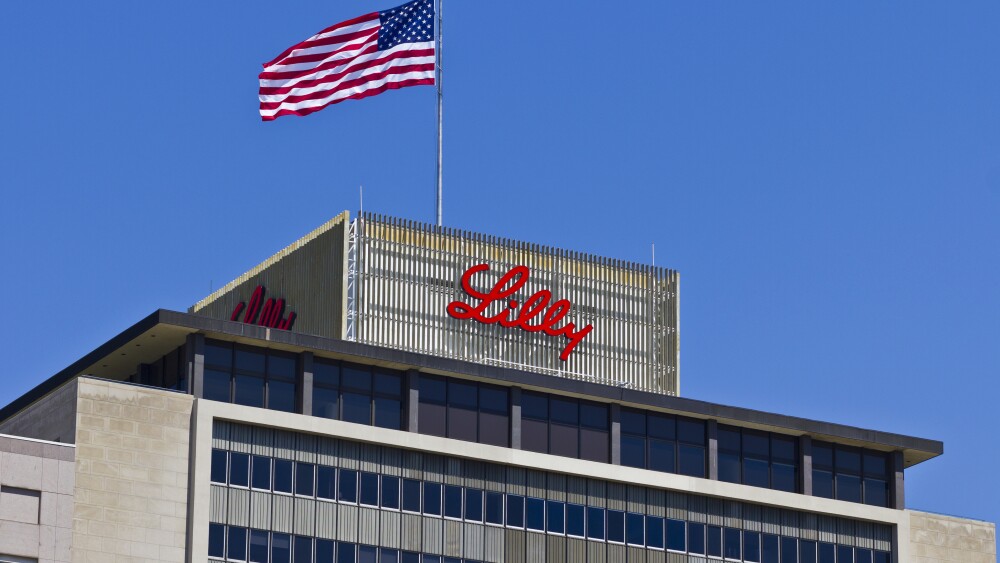The Boston-based AI/ML startup focuses on endocrine and cardiometabolic diseases and will use that expertise to generate new small molecule obesity medications for Lilly.
A week after its next-generation obesity medication showed mixed results, Eli Lilly is securing the future of its pipeline by signing a $1.3 billion partnership with Superluminal Medicines to advance new small molecules for cardiometabolic diseases and obesity.
The deal’s announcement Thursday didn’t reveal a specific financial breakdown, but Superliminal will receive the payout via upfront payments, an equity investment and development and commercial milestones, as well as tiered royalties on net sales.
Together the two companies will focus on G protein–coupled receptors (GPCRs), cell membrane receptors that are common targets for drug developers. The announcement did not reveal any specific targets for the effort.
GPCRs are Superluminal’s stock in trade, as all five of its molecules currently in development target GPCRs for yet-to-be revealed endocrine and cardiometabolic diseases. The only specific target that Superluminal has named is a GPCR called MC4R, for which a genetic deficiency is the most common single-gene link to obesity. The MC4R-targeting molecule is in investigational new drug–enabling studies, while four other programs aimed at unnamed GPCRs are still in the lead generation stage.
The two companies are already familiar with each other, as Lilly was a partner in Superluminal’s $120 million series A fundraising round in September 2024. The Boston-based company was founded in 2022 with the aim of using AI and machine learning techniques to generate biomolecule structures and produce therapeutic molecules de novo.
The deal comes shortly after Lilly read out Phase III data for the next-generation oral obesity medication orforglipron that disappointed analysts. The drug’s average weight loss of 12.4% did not beat analyst comparisons to Novo Nordisk’s injectable obesity drug semaglutide, which has achieved 13.7% average weight loss. Nevertheless, the company expects to file for FDA approval for the drug by the end of the year.
Lilly is on a bit of a spending spree to keep its pipeline fresh. Three weeks ago the pharma put $856 million into a deal with Gate Biosciences to develop small molecules against “molecular gates.” That followed a deal with Alchemab in May, which saw Lilly funnel $415 million to license an antisense oligonucleotide for ALS.






